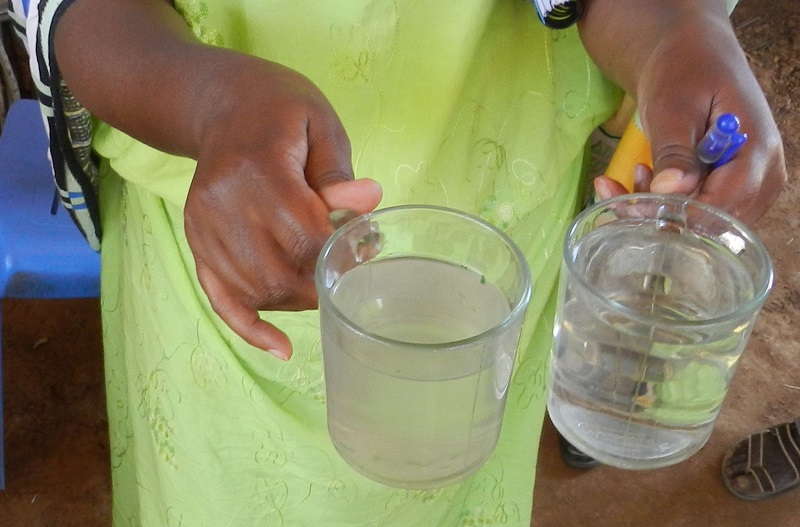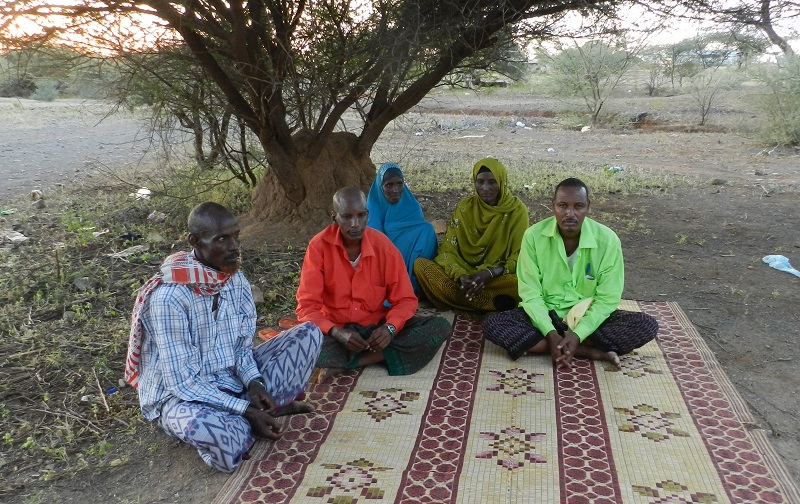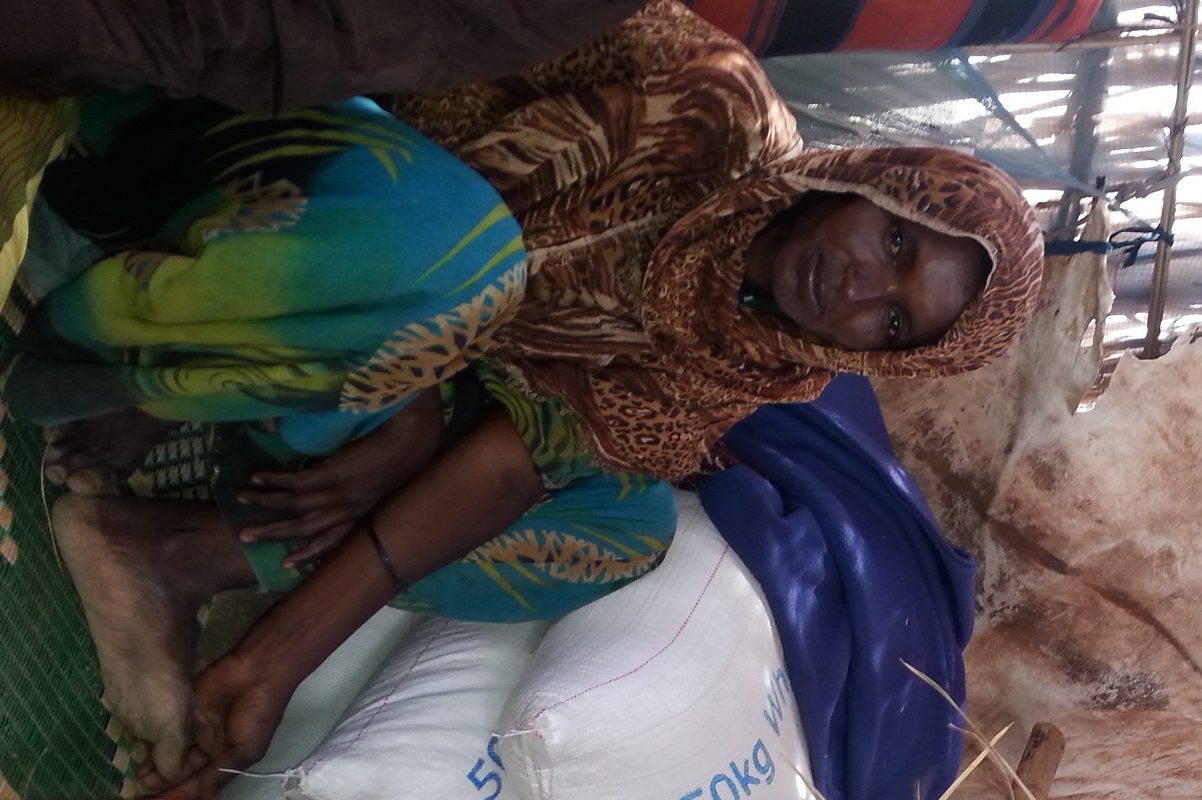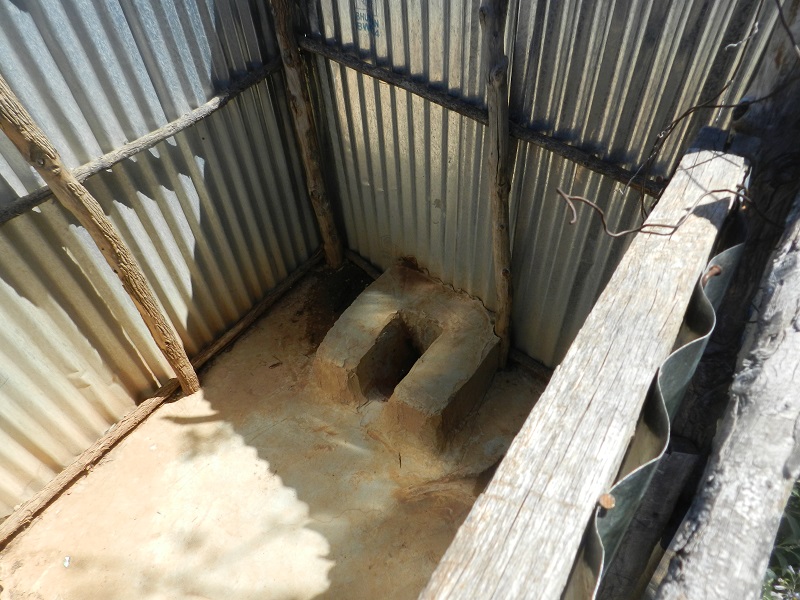Islamic Relief has provided thousands of poor people with access to safe water and sanitation, through a large-scale programme being delivered with partners in Ethiopia.
Despite current development efforts, Ethiopia is amongst the poorest countries in the world, and the Somali region is its poorest region. Conflict and insecurity in the region has stifled much-needed development, leaving many poor families unable to access basic services such as education, health and water.

Teaming up with Save the Children, the International Rescue Committee and Ogaden Welfare Association, we are supporting a comprehensive peace and development programme in the Somali region.
Funded through DFID’s Peace and Development programme and working with the Somali Regional government, we are facilitating stability and peace by improving access to quality essential services. Altogether, more than 100,000 people across 15 districts are set to benefit.
Safe and locally available water in four districts
In Bare, Dekasuftu, Elkere, and Hargelle districts, Islamic Relief is improving access to safe drinking water for 9,000 people in one of the country’s most arid regions.

Drawing on our good working relationships with poor communities in the area, the project has already created positive change for local people. We have so far constructed fifteen birkas (underground water reservoirs) and a motorised water well, and have repaired another.
Empowering communities to work together to maintain their new water sources, we have trained local men and women to manage their own water management committees.
By sharing collective responsibility, the committees contribute to peace-building and also make sure that people continue to benefit when the project ends.
“People in Bare town are blessing Islamic Relief for the water they are now getting,” said Abshiro Woli, of the new water management committee. “Before the rehabilitation and drilling of the new borehole, water was extremely scarce and very expensive.”

The Bare town committee sells 20 litres of water for just one birr – much less than the five birrs (GBP 0.16) that families had to pay previously. For the average family, the monthly saving is equivalent to one goat. The committee uses money raised from water sales to fuel the generator and maintain the water source – offering a lasting solution to water scarcity in the town.
Islamic Relief is also educating communities to make sure water is safe to drink by boiling it or using water purifying chemicals. We have worked with hundreds of poor families in each district, providing them with household water filtration systems.
“My children used to have stomach problems,” said mother-of-twelve Sarah Ahmed, who lives in Dawale village, Hargele.
“It never occurred to us that it was because of unclean water. We came to realise that only after we started using the household water filter. My entire family is very happy, thanks to Islamic Relief.”
Improving sanitation and community health
To boost community health, Islamic Relief also carried out 20 hygiene and sanitation awareness campaigns last year – largely focussing on the risks of open defecation. Local people have been encouraged to build latrines, which are reducing contamination of water sources and helping prevent the spread of potentially deadly water-borne diseases.
Supporting long-term positive change
The programme sees Islamic Relief and other consortium members providing training and support so that service infrastructure can be developed. Government officials will gain essential skills such as strategic planning, conflict-sensitive approaches, and service forecasting – helping equip them to work with communities and to meet their needs.

When the project completes in 2017, in excess of 55,800 people will have access to safe water sources. An estimated 15,200 children will be supported in primary school, whilst over 19,000 people will have access to health services.
In addition, over 1,100 frontline workers in health, education and water and sanitation will have benefitted from specialist training. So far, health centre staff have been trained in adolescent sexual and reproductive health and teachers have participated in workshops on child centred learning. By the time the project completes, scores of adolescent sexual health units and libraries will have been established.
The ambitious programme will benefit more than 104,000 people in total. Islamic Relief has been working in Ethiopia for ten years, delivering life-saving projects as well as development schemes designed to improve the lives of the country’s poorest people.










